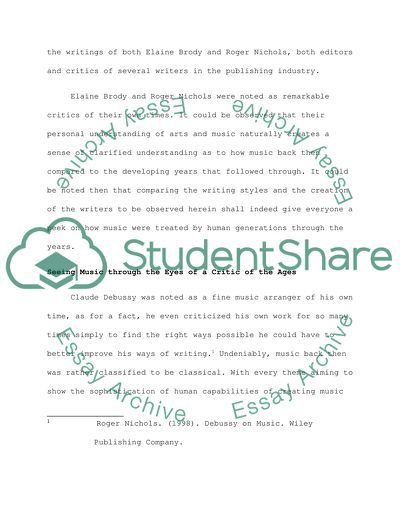Cite this document
(“The Flute Solo in Orchestra in the 19th Century Book Report/Review”, n.d.)
The Flute Solo in Orchestra in the 19th Century Book Report/Review. Retrieved from https://studentshare.org/miscellaneous/1501204-the-flute-solo-in-orchestra-in-the-19th-century
The Flute Solo in Orchestra in the 19th Century Book Report/Review. Retrieved from https://studentshare.org/miscellaneous/1501204-the-flute-solo-in-orchestra-in-the-19th-century
(The Flute Solo in Orchestra in the 19th Century Book Report/Review)
The Flute Solo in Orchestra in the 19th Century Book Report/Review. https://studentshare.org/miscellaneous/1501204-the-flute-solo-in-orchestra-in-the-19th-century.
The Flute Solo in Orchestra in the 19th Century Book Report/Review. https://studentshare.org/miscellaneous/1501204-the-flute-solo-in-orchestra-in-the-19th-century.
“The Flute Solo in Orchestra in the 19th Century Book Report/Review”, n.d. https://studentshare.org/miscellaneous/1501204-the-flute-solo-in-orchestra-in-the-19th-century.


